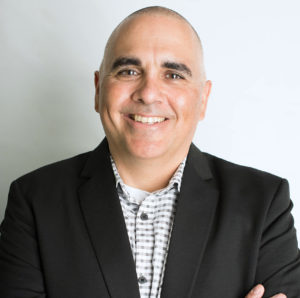I'm so excited to introduce you to this week's guest on Pep Talks for Side Hustlers, Dr. Michelle Mazur!
Michelle Mazur is a messaging expert who works with brilliant business owners who are shaking things up but having trouble talking about it. She combines the tools of successful social movements with the qualitative research skills she earned in her Communications Ph.D. to help them craft their powerful, captivating message. The author of the 3 Word Rebellion, host of the Rebel Uprising podcast and featured in Fast Company, Entrepreneur and Inc., she knows that speaking about what you do in a clear and captivating way is the key to reaching the people you could help the most and making more money in your business.
Push play to listen to this week's episode, or read the full transcript below!






